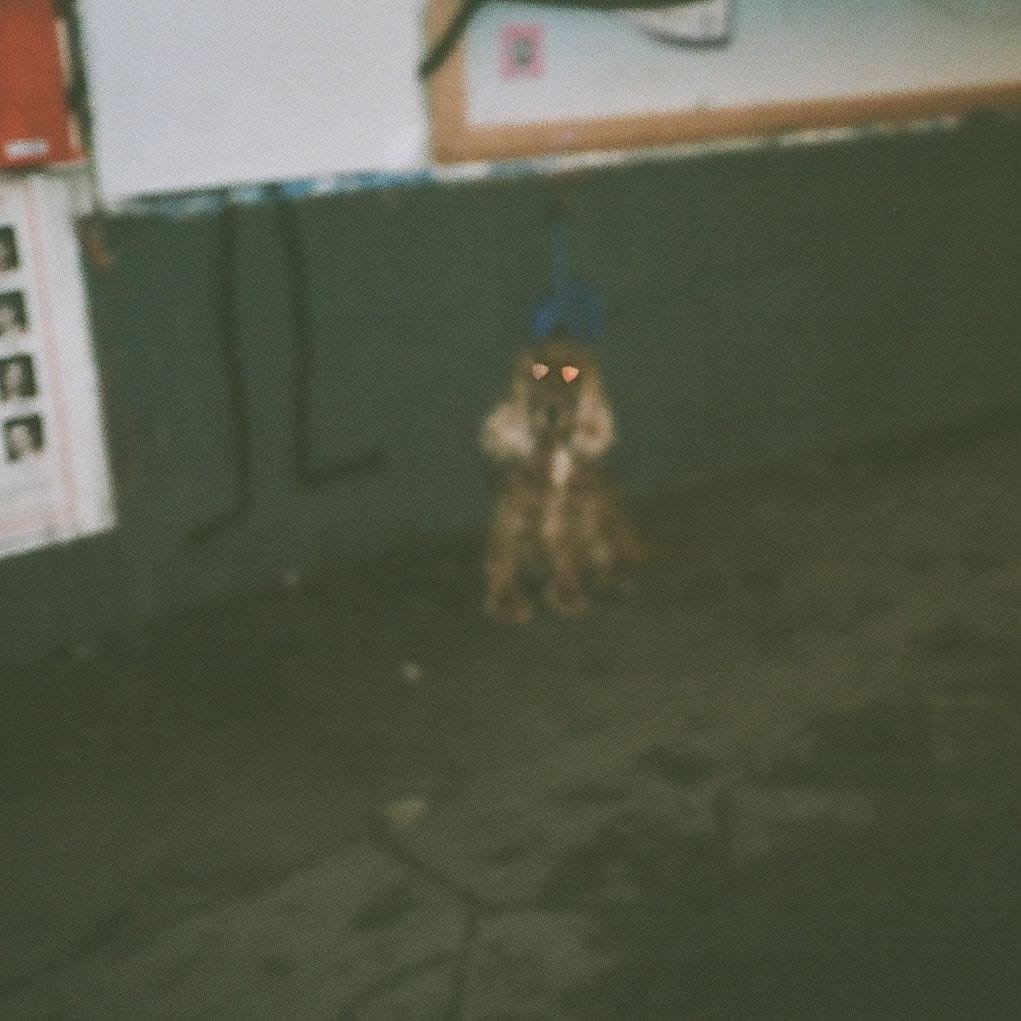Wirecutter is an experimental/noise duo by Michael Hoppe on drums and Sid Werner on the Diddley Bow.
Their debut record releases on the 24th of February (Boomslang records).
The intimate relationship between walls and music is as old as music-making itself. Music, as the Bible tells us, can make walls collapse; but as bands like Sonic Youth, Melvins, Sunn o))), or Zu demonstrate, it can also build them up. "Little Faith," the debut album from the Berlin-based duo Wirecutter, belongs to the latter camp: Michael Hoppe and Sidney Werner's walls of sound stand so tall and strong that they themselves can't even surmount them.
As Werner describes the music: "Extremely slow, extremely loud, extremely ornate, and extremely minimalist!" Practically everything else is self-explanatory. "Extremely massive" might come to mind as well, when, during the first track "Built to Break," the the bass, drums and synthesizers hurtle relentlessly forward—and right when you've started to keep pace with the sound, Werner and Hoppe turn it up a notch.
Improvisation was key to recording "Little Faith." Guided by nerve and intuition, both musicians left behind their primary instruments for less-familiar ones: Hoppe, trained as a pianist, played drums, while Werner, a bassist, opted for a home-made instrument called Diddley Bow. They recorded during Lockdown, when a huge amount of pent-up energy—emotional, social, and musical—had to be released. "It felt very freeing to just play music without any underlying idea," says Werner. "That way, everything developed very organically. Nothing had to be discussed or planned ahead, because we not only have similar values in terms of the music we like, but also why we like it."
A person can either lose or find herself in open improvisation. In "Little Faith," Werner and Hoppe embark on a deliberate search for something. The tracks are indeed opulent, but never aimless. Sifting through the material after recording, the two cut it apart, pasted it back together, and recorded brutal synths over the patchwork until certain sounds and structures began to naturally emerge.
A wall is always a wall. But let your eyes rest on it a while, and you will start to notice the cracks and seams, the texture, the sediment. The same is true of "Little Faith": at first, the album seems like a coarse block of blacks and grays. But listen further, and new colors will emerge. Time and again throughout the project, the duo acquired new perspectives and priorities. As Hoppe stresses: "The music is not just confrontational. It shouldn't be understood as an attack on the ear. But the underlying aggression can be seen as a statement on political, social and musical conditions. Through repetition of certain themes or motifs, the music develops a narrative quality.”
Above all, Wirecutter makes music devoid of fear. They do not believe in a certain way of doing things; they aspire to exclude nothing, to allow anything, to ask for a high degree of openness from the listener, and to reach, dispassionately, across time—an aesthetic Hoppe aptly describes as Retrofuturism. "This album is looking backwards in a futuristic sense, leading us to the non-existent source of the music we listen to today. Through it, we enter a parallel reality where we can reinvent ourselves. As Björk said: We have to invent our own roots.
Wirecutter
“Little Faith”, Boomslang records (2023).
„Little Faith" review by Wolf Kampmann
